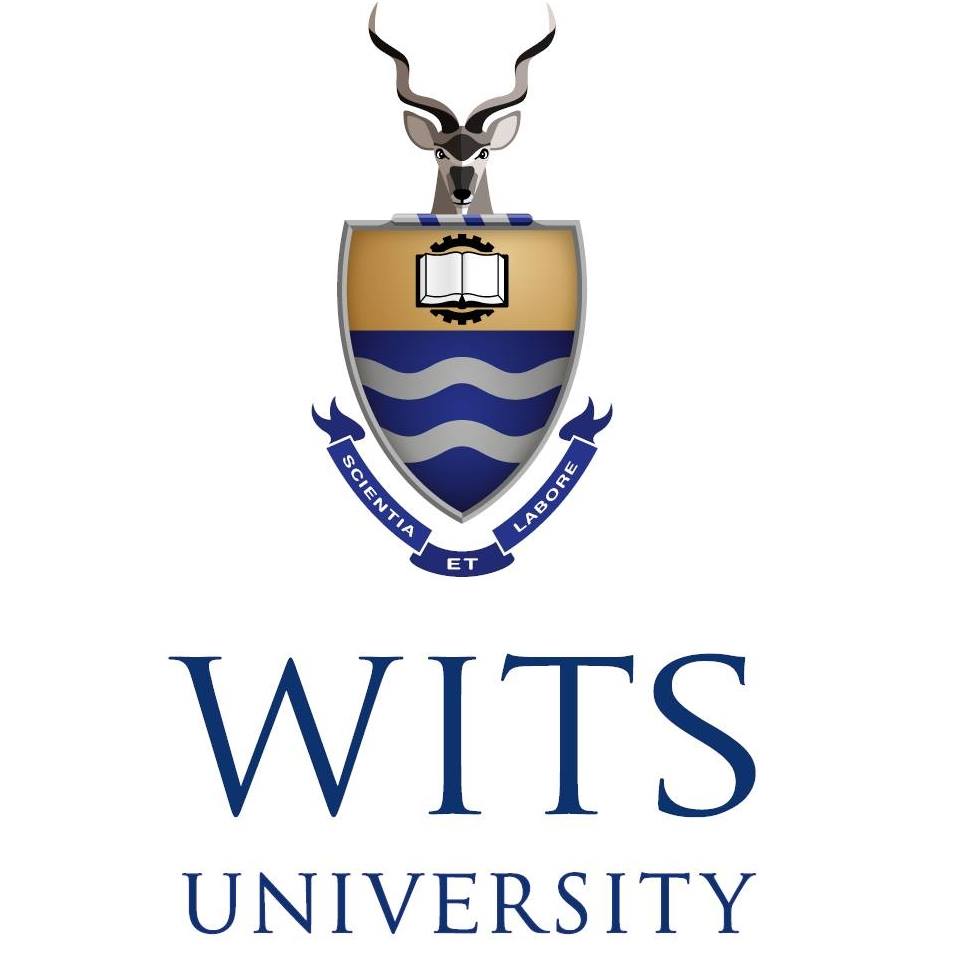Nursing combines compassion, knowledge and sophisticated health technology to restore, maintain and promote the health of individuals, groups, or communities. Nursing is both an art and a science: caring, compassionate relationships blended with the development

Nursing combines compassion, knowledge and sophisticated health technology to restore, maintain and promote the health of individuals, groups, or communities. Nursing is both an art and a science: caring, compassionate relationships blended with the development and application of nursing knowledge, techniques and ethics.
As a Wits nursing student, you will study in a rigorous and vibrant multidisciplinary environment that will stimulate your intellectual inquiry and professional responsiveness. You will learn in small groups and engage in cooperative learning as you work through real-life health scenarios, deciding how to access information that produces the best results in managing health issues.
Nurses practice in a range of settings, including hospitals, community clinics, industry, the military, private practices, homes and in specialised areas such as hospice and rehabilitation and aged care facilities.
The University of the Witwatersrand is a leading South African university situated in Johannesburg. It is more commonly known as Wits University and its students and alumni are known as Witsies.
Wits, a world-class research university in Africa, is renowned for its commitment to academic and research excellence.
It contributes to the global knowledge economy and local transformation through the generation of high level, scarce skills and innovative research.
At the forefront of a changing society, Wits is an engaged institution, dedicated to advancing the public good.
It promotes intellectual communities and attracts talented students, distinguished academics and thinkers from around the globe.
© 2025 coursetakers.com All Rights Reserved. Terms and Conditions of use | Privacy Policy